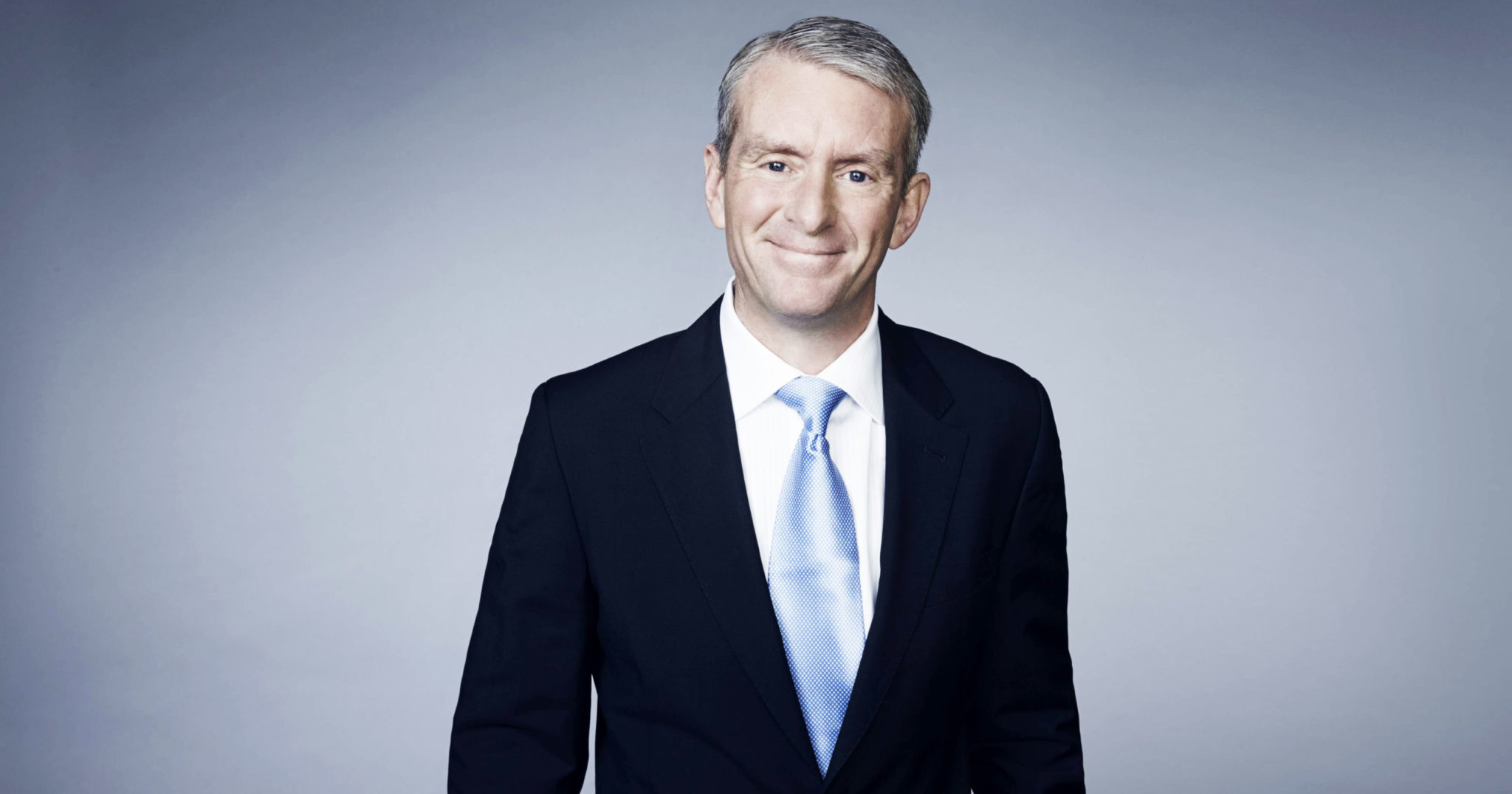
Yale News
Viewers are accustomed to reading and viewing the latest headlines, but in a Monday afternoon talk, CNN International Diplomatic Editor Nic Robertson presented what is behind the print and the screens: the experience of the journalists who cover these stories.
Over four dozen Yale students and members of the public came to the Yale School of Management to hear Robertson deliver a Poynter talk entitled “Surviving Warzones: Life on the front line of history, the murderers, the madness and making sense of it all.” Robertson reported for CNN from a variety of locations in the Middle East including Baghdad during the First Gulf War; Afghanistan following the September 11 terror attacks and Libya during the Arab Spring. During the talk, Robertson spoke extensively on how journalism has evolved in today’s polarized and rapidly modernizing media landscape. He fielded questions from attendees regarding his stories from the field, the trajectory of his career and the news’ role in society.
“We’re supposed to be the truth givers, we obviously understand things,” Robertson said. “It would be terrible if people don’t trust us. Part of it has to be that we do the most honest, truthful job that we can. It is not their fault for not trusting us … Part of democracy is the idea that journalists are a valuable part of society. They provide valuable information that is relevant and valuable in our lives.”
Robertson explained that he has taken a number of different tasks in his career — including production and on-screen work as a correspondent. He said that he has always gravitated toward the news business despite being an engineer. Robertson recalls being unable to find career opportunities as an engineer when he moved to Chicago. Instead, he became a producer and kept following news crews. He said after a person gets behind the camera once, “you want to keep talking. I have a voice.”
In response to a question about underrepresented stories, Robertson stressed the importance of covering America’s relationship with China. He referred to the ban on Huawei sales in the United States, adding that the United States is “buying technology” which can in turn make citizens vulnerable to spying. Even if China is not gathering intelligence on the United States, Robertson believes that this reporting is necessary to determine on which path the U.S. should go.
Zoe Chance, a lecturer in management at the School of Management, nominated Robertson for the Poynter fellowship and moderated the talk on Monday. She said that she wanted to bring Robertson to Yale because he brings a moral perspective to the news. Chance added that she admires that Robertson relays nuanced stories.
Robertson also explained the typical journalist’s thinking when writing to an audience. He referred to CNN’s brand as the “most trusted name in news” and added that he must constantly think about the level of information the audience always has.
Responding to audience questions, Robertson expanded on the criticisms and distrust of CNN.
“I think that any of us, in all of our professions should reflect on what we’ve done the day before and the week before because we want to do better, we want to do better next time,” he said.
He also said that misreporting in the media is not a new phenomenon. Instead, he said the environment is simply more contested and divided.
“What’s happening to journalism now, what we’re facing – for me it [is] a reminder that the press is a really important democracy,” Andrea Malin, a former NBC journalist, said.
She added that there has always been discussion of “the polarization of the news media.”
Suneet Mohapatra SOM ’21 said he enjoyed the talk but “would have liked to hear more about [Robertson’s] own experiences in the field … The talk deviated a little away from that.”
Robertson has reported for CNN since 1990.
Talat Aman | talat.aman@yale.edu
John Besche | john.besche@yale.edu







